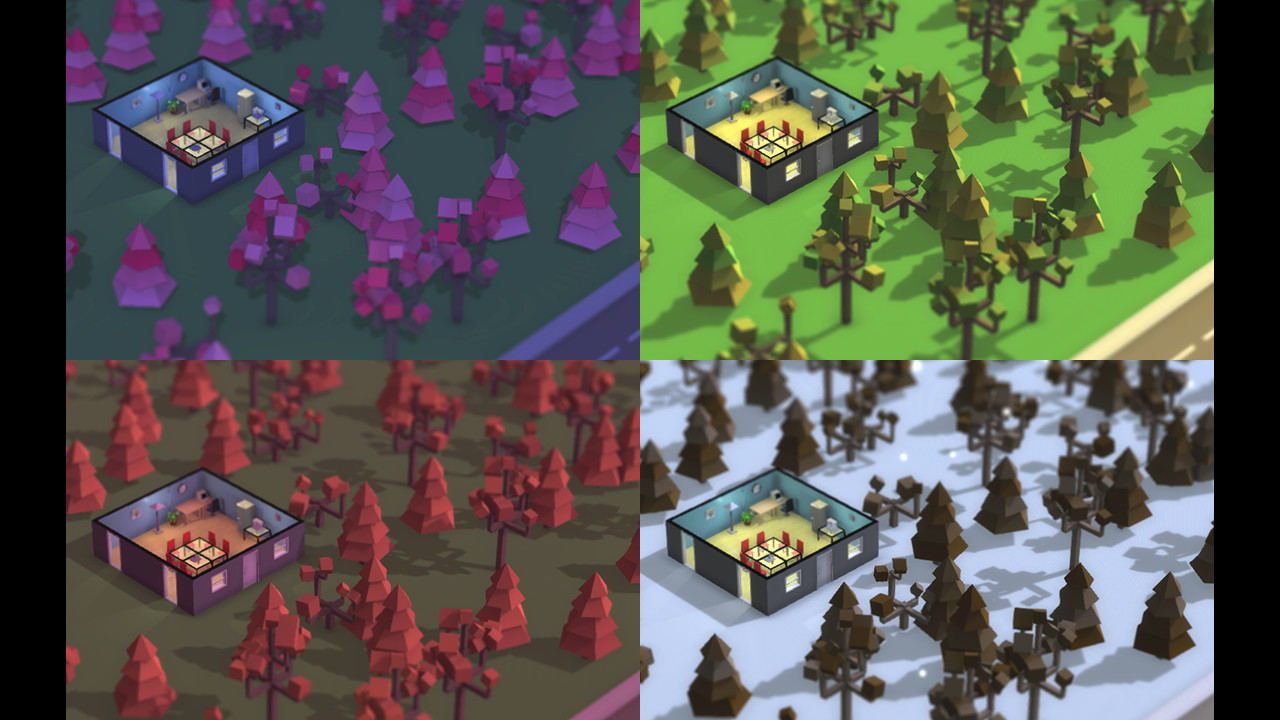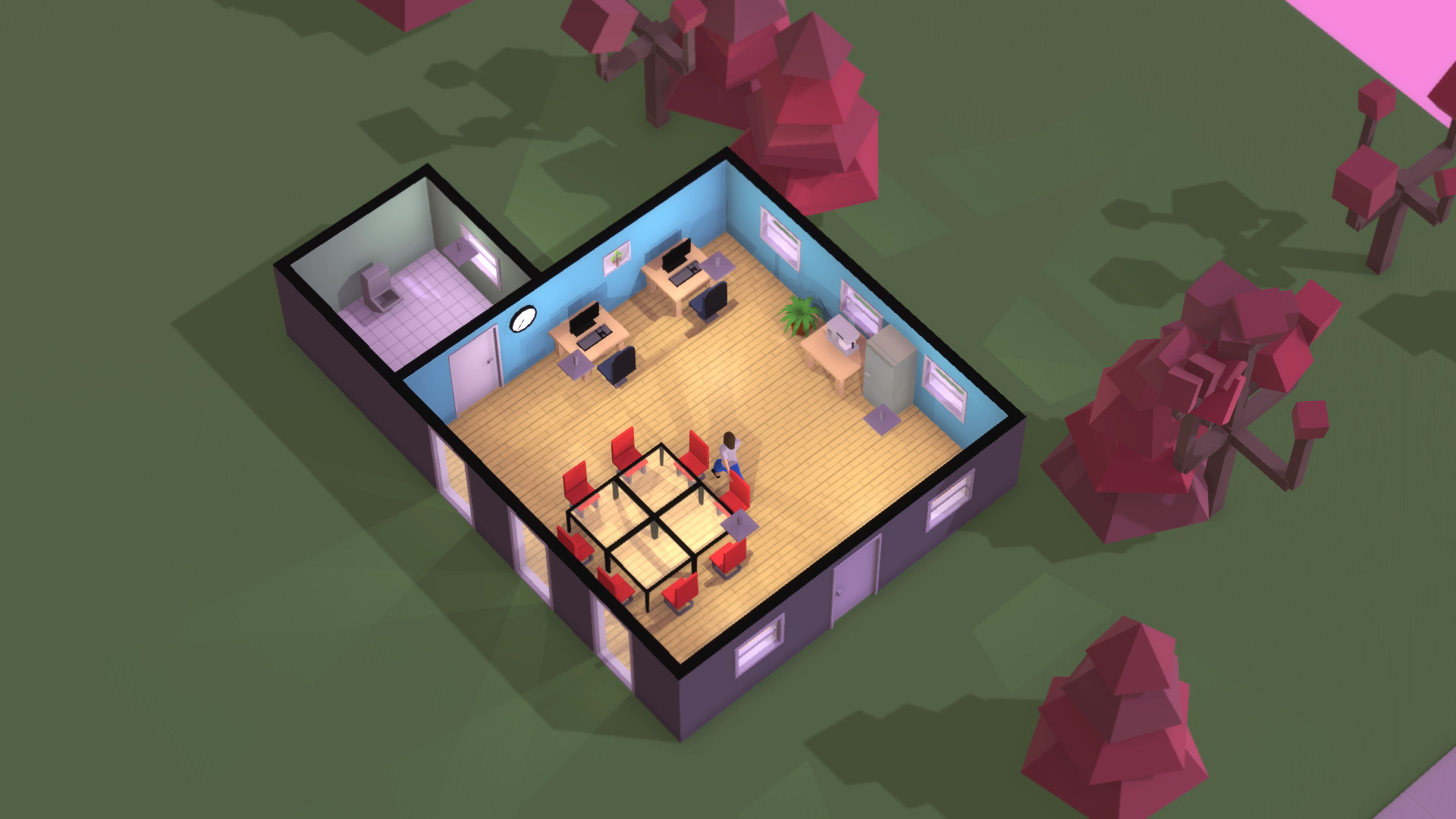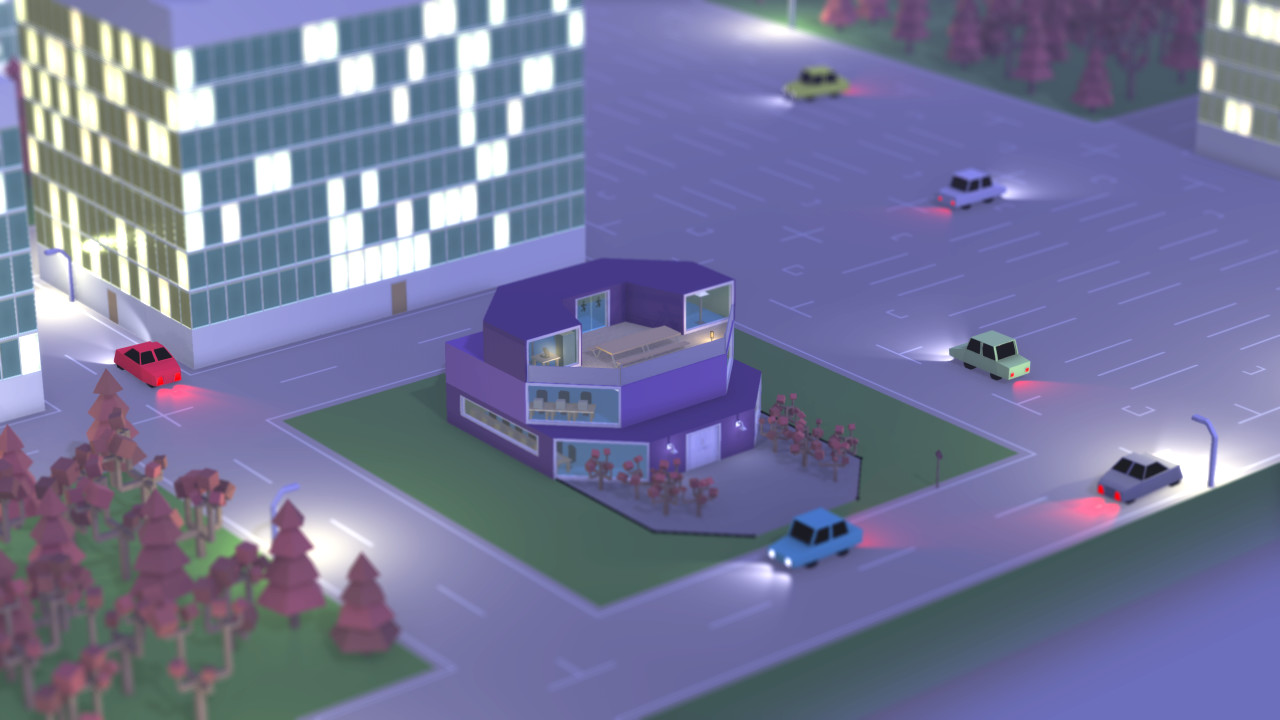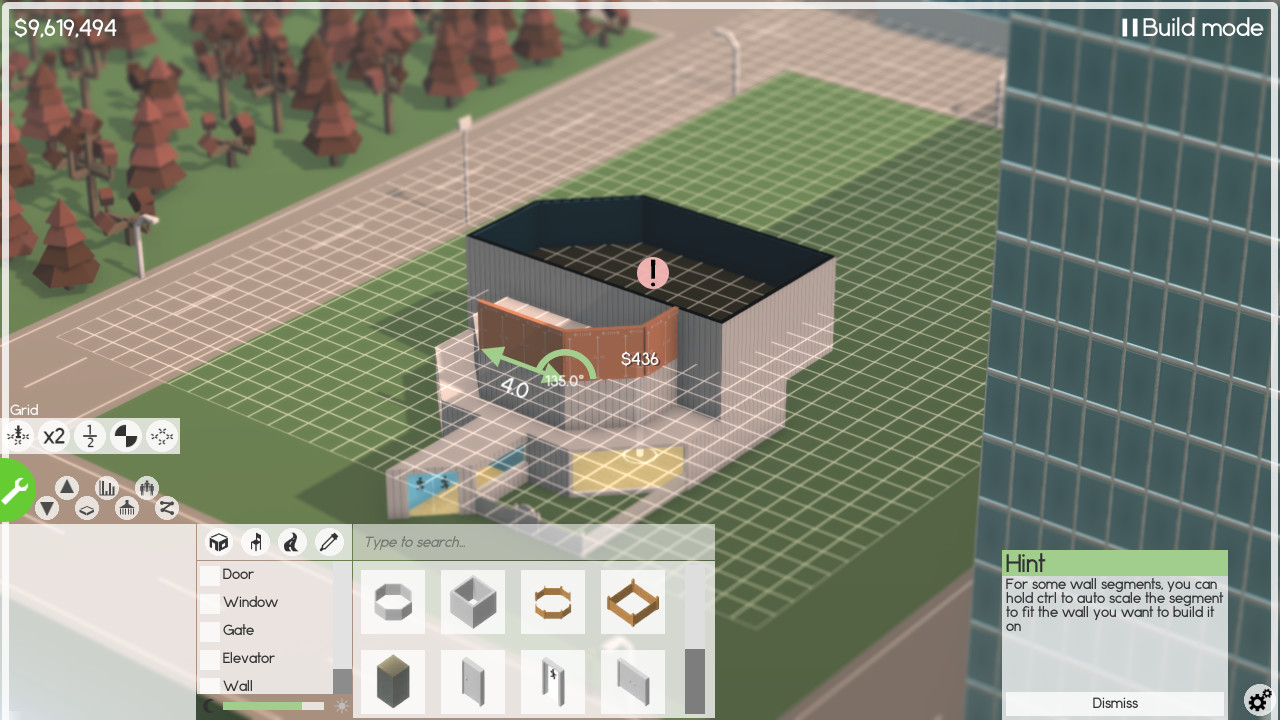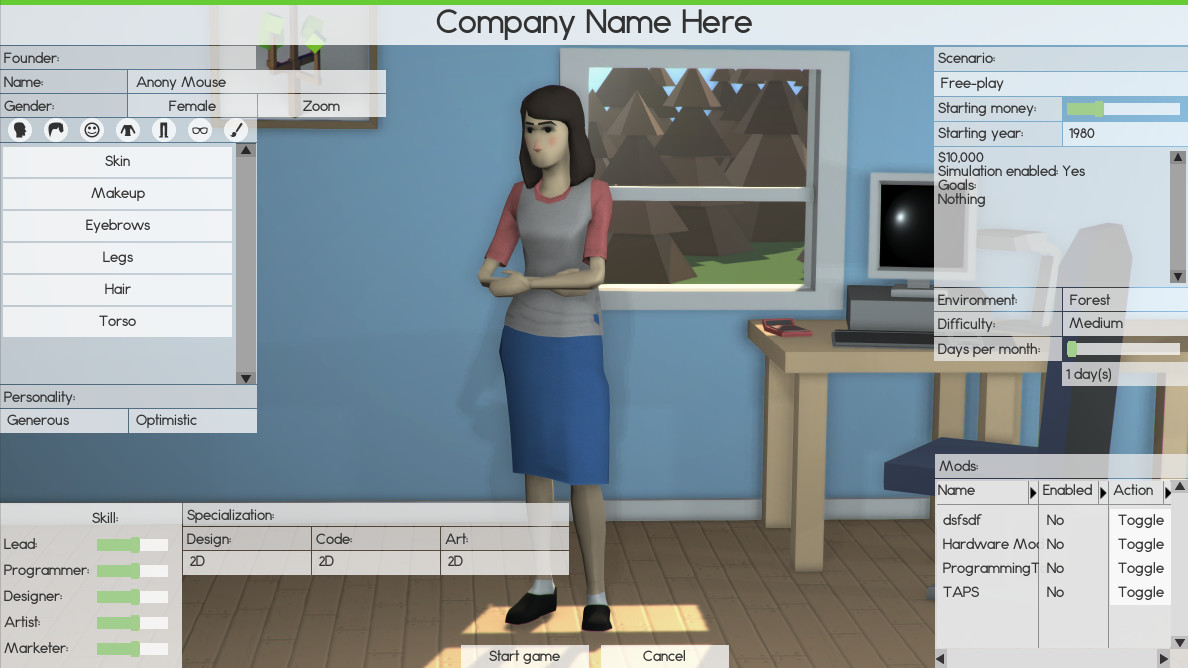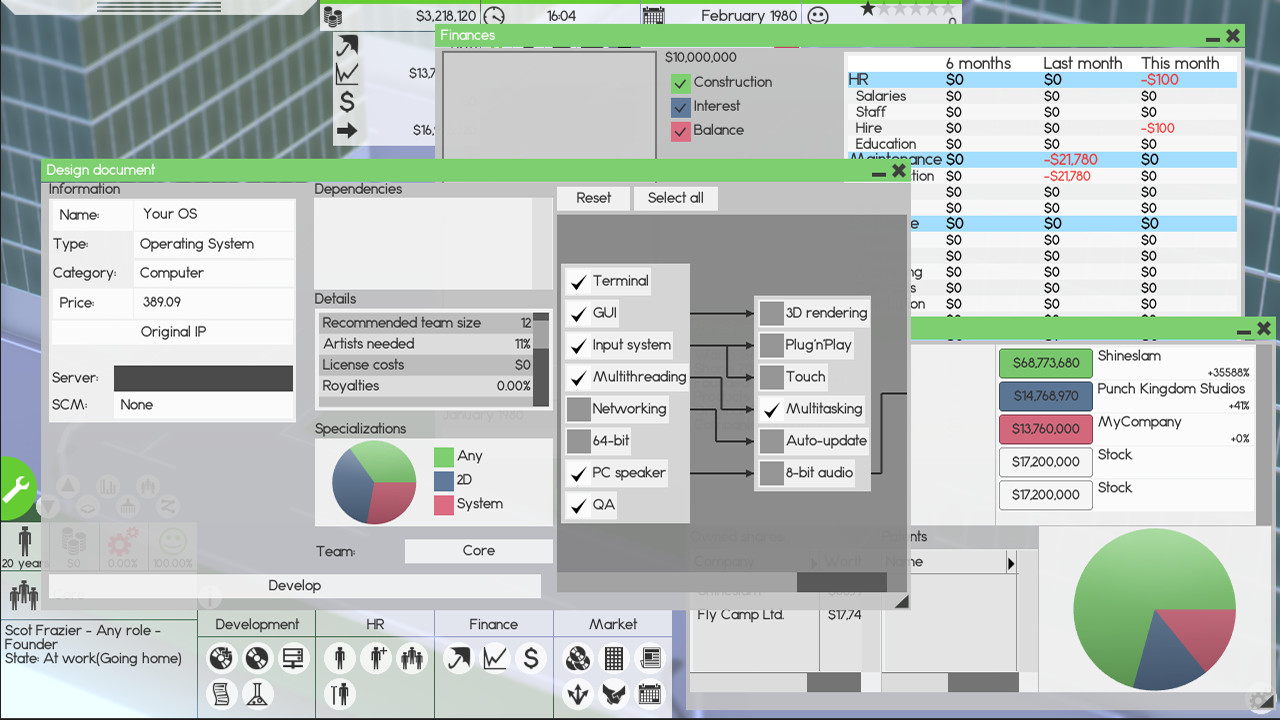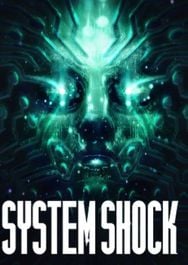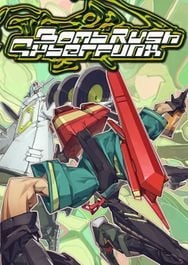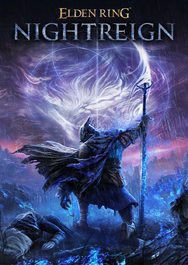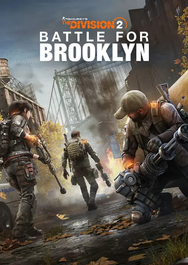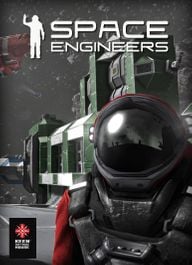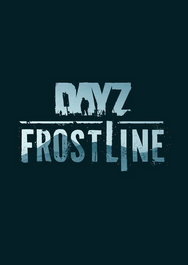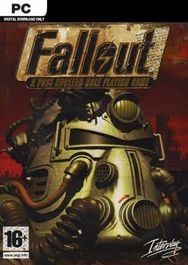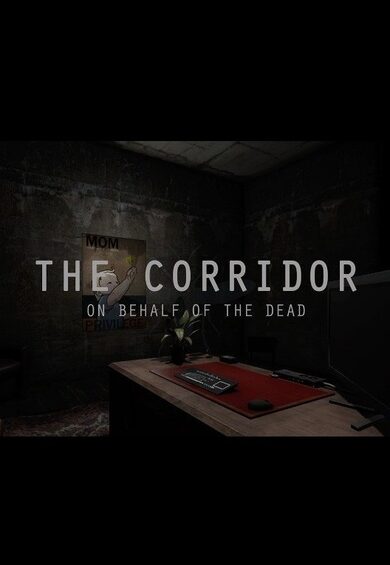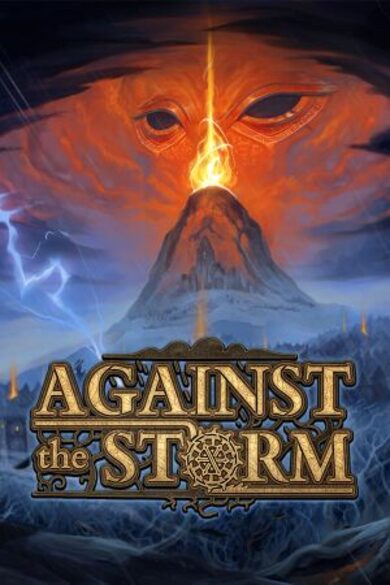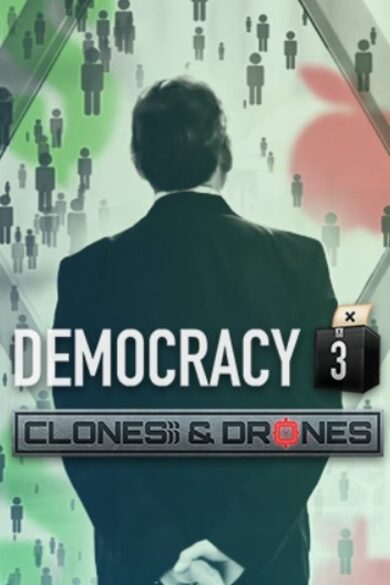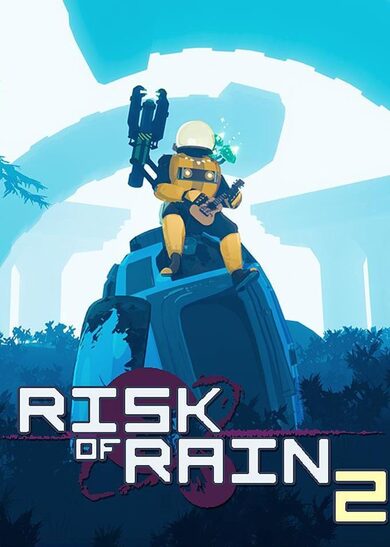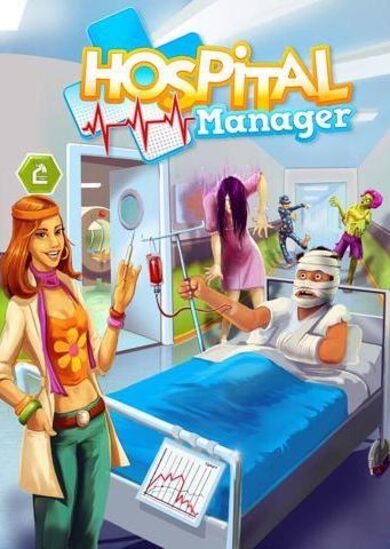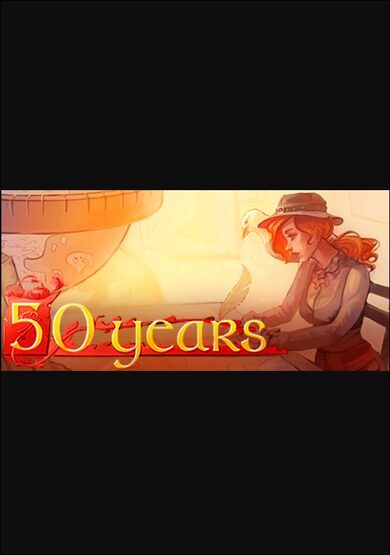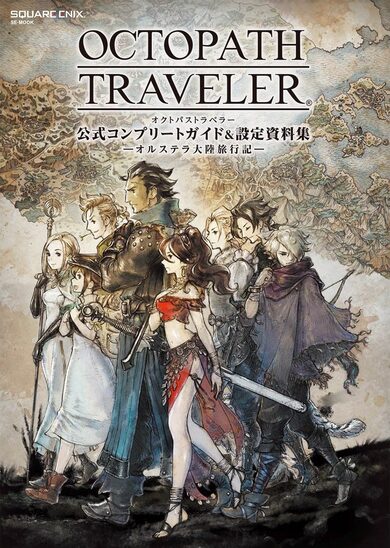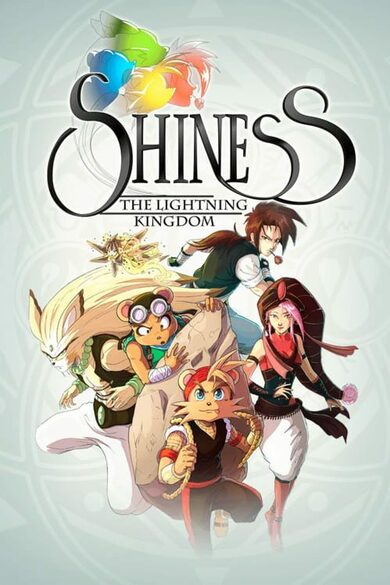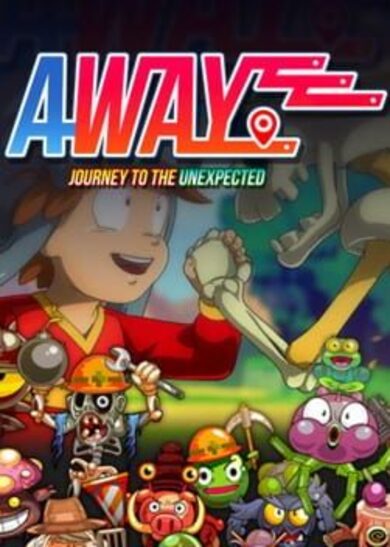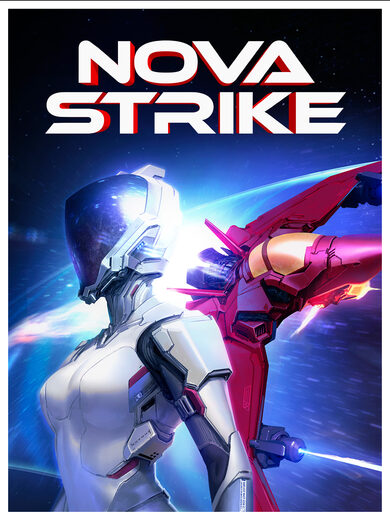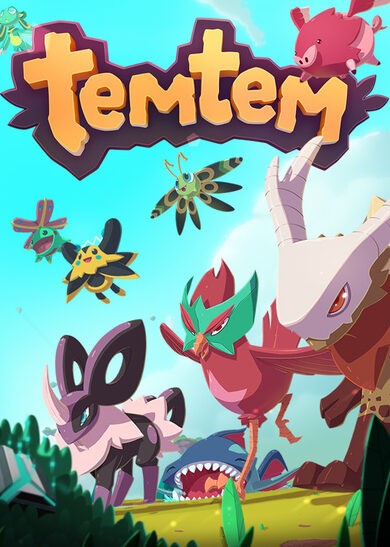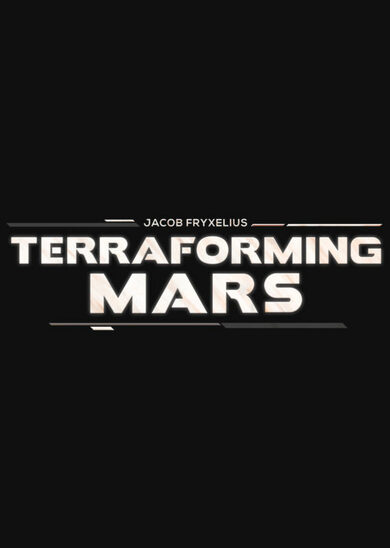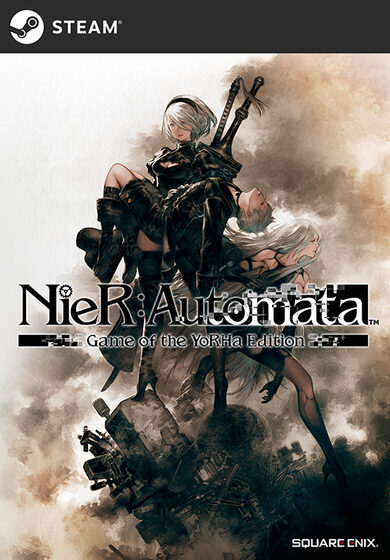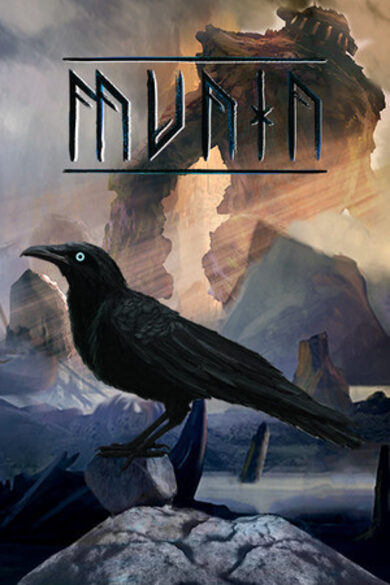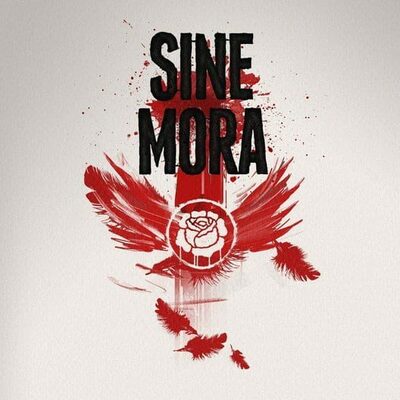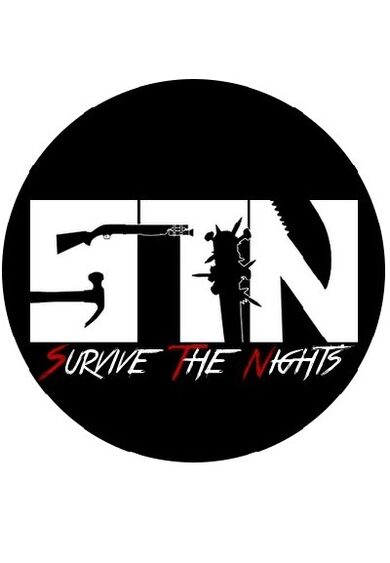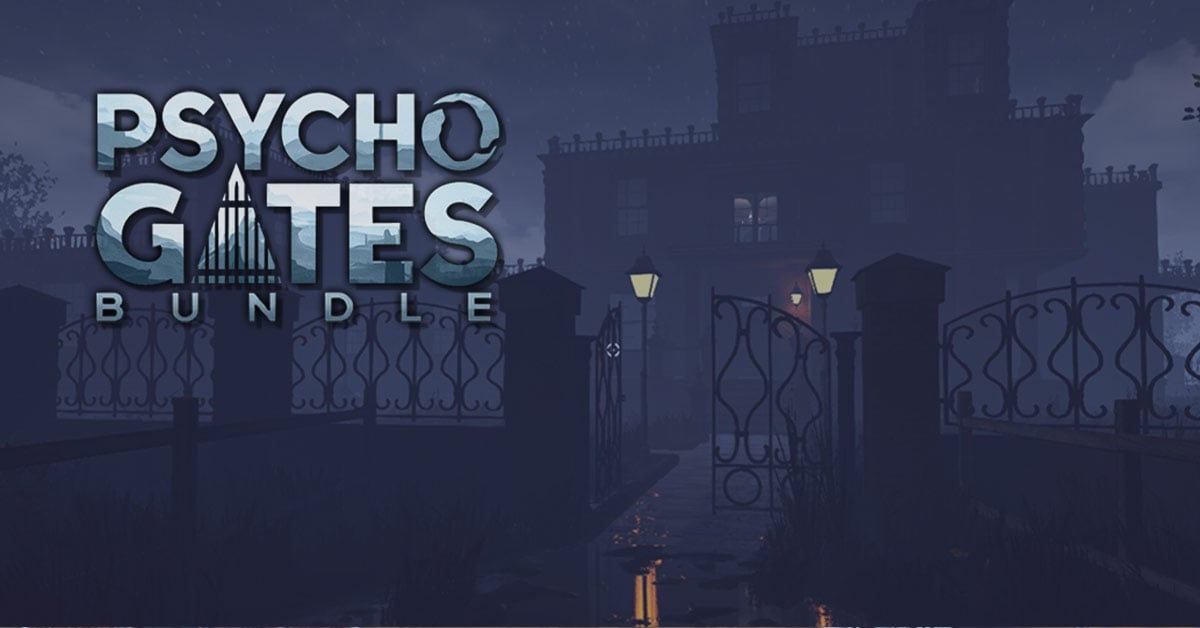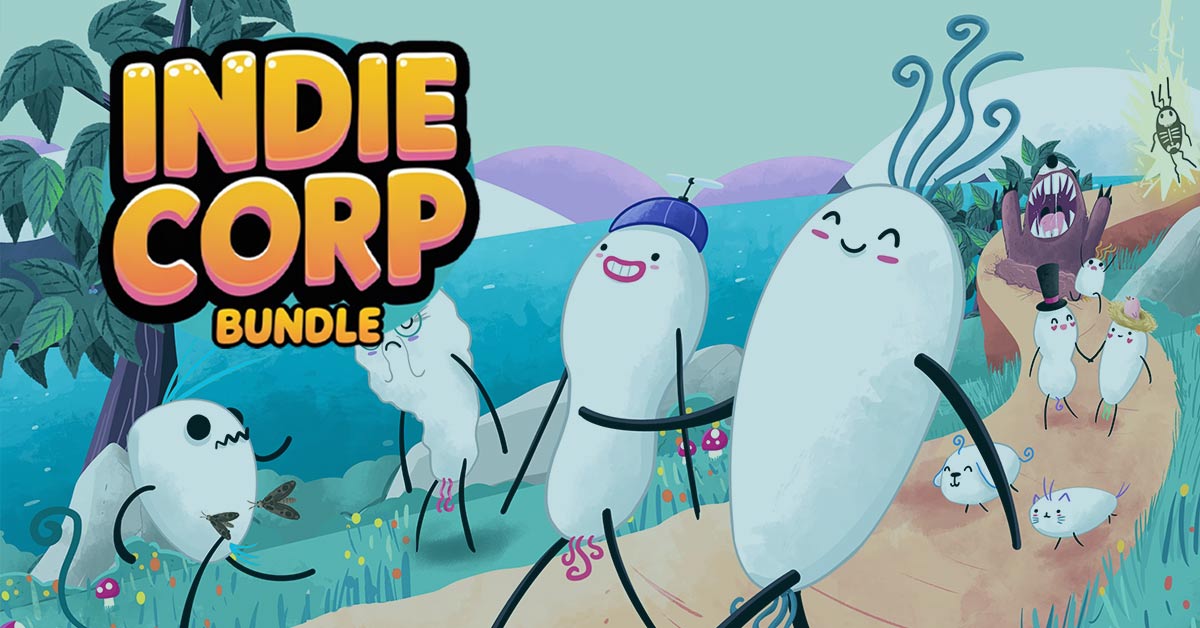
Construct and design buildings for optimal working conditions. Hire people to design and release software, so you can defeat the simulated competition and take over their businesses. Manage and educate your employees to make sure they are skilled and satisfied with their job.
Software Inc. combines tycoon gameplay with multi-story building mechanics, employee management and a simulated market. It is inspired by games like Game Dev Tycoon, Prison Architect, The Sims and Theme Hospital.

- Build, furnish and maintain office buildings up to ten stories + basement, on an enormous Land
- Hire employees to design, develop, support, research and market software in teams
- Build roads and parking to ease commuting for your employees
- Tend to your employees' needs, demands, skills and specializations, while making sure each team has compatible personalities
- Customize your own employee avatar
- Create your own software products and franchises
- Compete in a simulated or event-driven market by selling your products, taking on contract work or trading stocks
- Hire staff to repair your furniture and computers, and clean your office
- Mod what kind of software you can develop, what kind of companies will be simulated, game scenarios, missions, personalities and random name generators
- Delegate important tasks to your team leaders, such as managing development cycles and human resources
- Set up your own servers for products, source control and running your own online store
Alpha 11 progress update

Leaders and marketing employees now also have specializations, which means you no longer send leaders off to a single HR course, instead you unlock HR features by levelling up leaders' HR specialization.
As employees increase their skill in a role, they also slowly earn experience which you can use to unlock the next level for a specialization, making education more RPG-like, but also way simpler and more discernible.
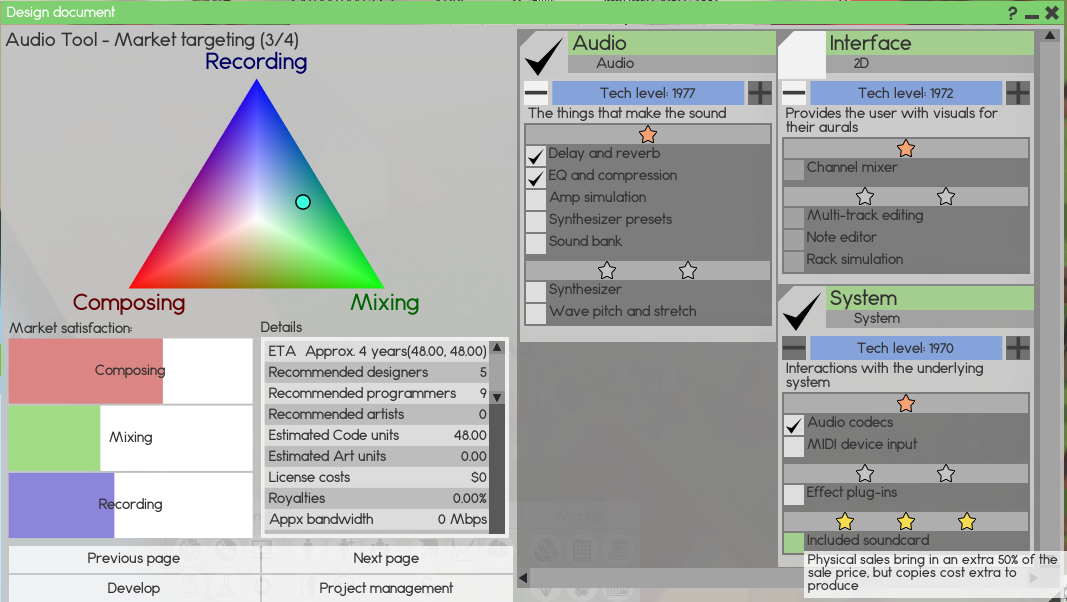
There are no longer patentable features, instead each specialization has a tech level that can be researched and patented. Each main feature has a tech level based on its specialization, which impacts the satisfaction of your target markets and development time.
The design document has been pagified to accommodate the new target market selection screen. It currently consists of 4 pages: General information, dependencies, target markets and overview/team assignment.

Each "sub-feature" has a level that controls its impact and the required level of employees to work on it. The max level features don't add anything to product quality, but actually change gameplay in some unique way. To accommodate this change I've written an interpreter from scratch, so you can write C# like code directly in your XML mod files, to add new and interesting features to your software types.
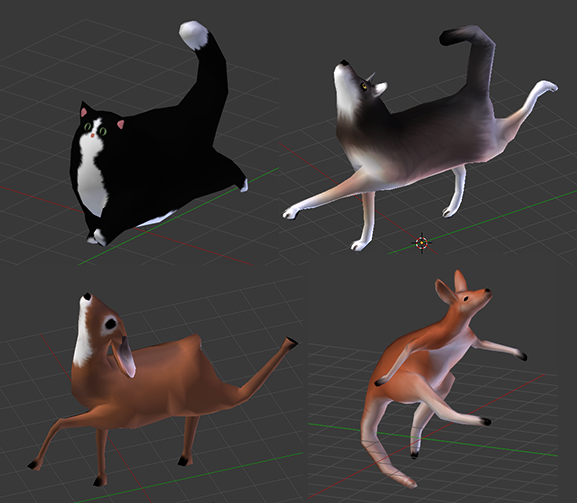
![Game Description Image]()
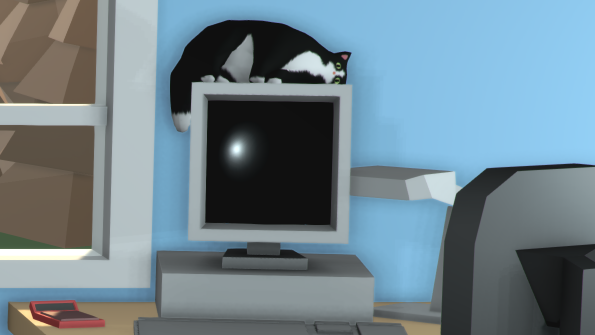
Current status
Development has been progressing smoothly. I've almost finished the overhaul of the development mechanics, I still need to rewrite software types, balance and bug fix. When the overhaul is done, I have to add some new features, before I can release the initial test version, including conferences and publishing deals (You can read more about it in the Trello ). I don't expect the initial test version to have the software update mechanic, as that requires quite a bit of work by itself. I expect to be able to add it without breaking save files, so it isn't worth delaying for.What has changed
Education and specializations
Specializations are now split up into three separate levels, rather than one continuous value. Each level has a major impact on gameplay, rather than just being a quality multiplier. For programmers and artists each level decides what level of features they can work with and not the quality they add, which means the "minimum specialization" hack I added in alpha 10 is no longer needed. Product quality is now controlled by the base skill of an employee and development speed is simply controlled by employee satisfaction, making it much easier to guesstimate timelines in the game. This change will most likely also bring back the progress bar in the alpha phase, which I know was a major pain point for some of you.
Leaders and marketing employees now also have specializations, which means you no longer send leaders off to a single HR course, instead you unlock HR features by levelling up leaders' HR specialization.
As employees increase their skill in a role, they also slowly earn experience which you can use to unlock the next level for a specialization, making education more RPG-like, but also way simpler and more discernible.
Features and the design document
Most of the feature dependency systems have been removed, to declutter software and simplify creating new software. As such the feature tree has been removed completely. Software now consists of a few main features (up to one for each specialization) and contain a bunch of smaller sub-features that satisfy each target market differently. The main features can depend on other software, like how 2D graphics will depend on having a 2D graphics editor, but sub-features can't have any dependencies, other than their main container feature.
There are no longer patentable features, instead each specialization has a tech level that can be researched and patented. Each main feature has a tech level based on its specialization, which impacts the satisfaction of your target markets and development time.
The design document has been pagified to accommodate the new target market selection screen. It currently consists of 4 pages: General information, dependencies, target markets and overview/team assignment.
Level 3 features

Each "sub-feature" has a level that controls its impact and the required level of employees to work on it. The max level features don't add anything to product quality, but actually change gameplay in some unique way. To accommodate this change I've written an interpreter from scratch, so you can write C# like code directly in your XML mod files, to add new and interesting features to your software types.
Other stuff
- Software licenses are now only paid for needs (Not operating systems), and they are paid monthly during development, instead of as a onetime fee at the beginning.[/*]
- The delay phase preceding the beta phase of development has been removed.[/*]
- You can no longer "over-design" a product, the design phase just ends at 100%[/*]
- The skill of applicants no longer depend on company reputation, but company benefits.[/*]
- I made some 3D animal models in my spare time to practice, which will be spread around the maps.[/*]

[ 2019-05-03 10:49:53 CET ] [Original Post]
Minimum Setup
- OS: Ubuntu 12.04+
- Processor: 3 GHz. 4 coresMemory: 2 GB RAM
- Memory: 2 GB RAM
- Graphics: 512 MB dedicated video RAM. Shader Model 4.0. OpenGL 4.1+
- Storage: 1 GB available space
GAMEBILLET
[ 6360 ]
FANATICAL
[ 6590 ]
GAMERSGATE
[ 3185 ]
MacGameStore
[ 2507 ]
INDIEGALA
[ 1655 ]
LOADED
[ 1040 ]
ENEBA
[ 32822 ]
Green Man Gaming Deals
[ 883 ]
AllKeyShop
[ 45613 ]
YUPLAY
[ 6040 ]
FANATICAL BUNDLES
GMG BUNDLES
HUMBLE BUNDLES
INDIEGALA BUNDLES
by buying games/dlcs from affiliate links you are supporting tuxDB

